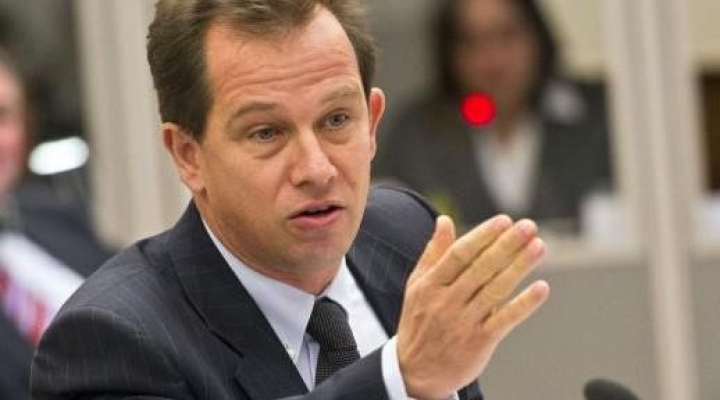The EP would continue the convergence of the less-developed EU countries
Csaba Sógor, RMDSZ MEP spoke on cohesion policy and the importance of maintaining non-refundable EU funds after 2020 in Strasbourg. In its resolution on the basic elements of post-2020 cohesion policy adopted on Tuesday, the EU decision-making body would continue to support the convergence of less developed EU countries. The resolution expresses firm opposition to any EU budget-related plan that would undermine cohesion policy.
The EP therefore asks the European Commission to submit a legislative proposal for the post-2020 cohesion policy as soon as possible, as the experience of the current programming period show the importance of early preparation for the convergence policy, so that specific initiatives can start on time in the regions.
In the debate on Monday before the vote, Csaba Sógor argued for the continuation and the strengthening of the EU Structural Funds after 2020. According to the Transylvanian MEP, cohesion policy has now become one of the most widely recognized policies of the EU and has become a symbol of solidarity within the European Union, the benefits of which can be enjoyed by all inhabitants of less developed countries, among them Transylvanian Hungarians.
In order for cohesion policy to remain strong and effective, a number of preconditions should be ensured - stressed the MEP. According to Csaba Sógor, the infrastructural investments are the indispensable basis for economic development, and he mentioned as an example that in many EU countries, the development of the transport network remains a vital issue.
The DAHR politician does not agree with replacing cohesion funds with financial vehicles, such as the EFSI, therefore he argued for grants to keep their central role as the most suitable instrument for most types of interventions in less developed countries after 2020, too.











